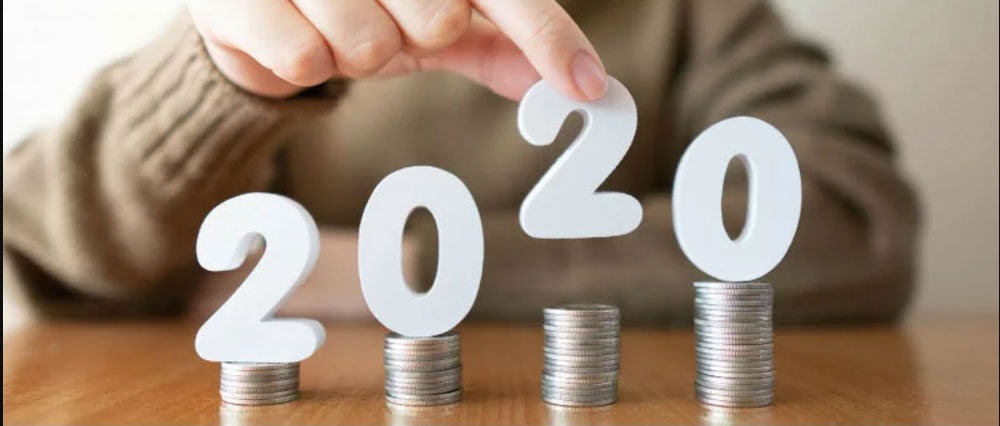
What you need to know before you file?
Let’s face it, having a trusted accountant and tax preparer can help to make tax-filing less and less painful even for the do-it-yourselfers.
Still, whether you’re outsourcing the work to an algorithm or an accountant, it’s always a good idea to know when deadlines fall and what’s new every year.
Here’s our guide to the 2020 tax season:
1. When is the deadline to contribute to my RRSP?
Since March 1 falls on a Sunday this year, the cutoff this year is March 2.
Remember, you can put money into your registered retirement savings plan (RRSP) any time. But if you want to get a tax refund for your RRSP contribution with your 2019 return, you must add the funds by the March deadline.
2. When’s the tax-filing deadline?
As usual, April 30 is the date most Canadians need to keep in mind. For most tax filers, this is the deadline to both pay any tax due and file returns.
If you’re self-employed, this year you have until June 15 to file. Remember, though, that if you owe taxes, you still need to pay up by April 30.
If you’re late to either settle your balance or send in your paperwork, you’ll face late-filing penalty and daily interest charges on any taxes owed.
3. When’s the earliest I can file?
If you just can’t wait to get that big refund, know that the Canada Revenue Agency (CRA) will start accepting electronic returns on Feb. 24.
Most people want to skip the tax-processing queue because they anticipate getting money back. But having a big tax bill is also a good reason to file early. That allows you to set up a plan to pay your tax in installments. The more you manage to pay by April 30, the fewer extra charges you’ll face.
Still, there are potential drawbacks with filing too early. Many of the tax slips you need to file your return are due March 2, so it’s not a good idea to file before then unless you’re sure you’ve received all of them.
Also, it usually takes until mid-March for tax slips and other information the CRA has on file to become available through its autofill my return feature, which allows you to automatically fill-in part of your return.
Newsletters
No Results Found
The page you requested could not be found. Try refining your search, or use the navigation above to locate the post.
Events & Sponsorship
No Results Found
The page you requested could not be found. Try refining your search, or use the navigation above to locate the post.
Articles & Publications
CRA Warning: Pay Your Taxes on the CERB!
The Canada Revenue Agency (CRA) might have helped you through the lockdown if you lost your job due to COVID-19. The federal government initially announced the Canada Emergency Response Benefit (CERB) that would see qualifying Canadians receive $2,000 per month over...
Keeping payroll on course during crisis
Staffing changes and government relief measures add to payroll management challenges during the pandemic Of the many business challenges that have emerged from the disruption of the COVID-19 crisis, the human resources implications have been some of the most difficult...
2 million Canadians who haven’t yet filed taxes could face benefits interruption
Even in the warped reality of the COVID-19 pandemic, Canadians must file their taxes to receive many of the benefits they’re entitled to. Around two million people could face interruptions to some federal and provincial payments if they wait too long to send in their...
CEWS Update – Federal Government redesigns CEWS for Period 5 and onwards
On July 17, 2020, the Government of Canada released details, as well as draft legislation, in respect of a redesigned Canada Emergency Wage Subsidy (CEWS) program effective from July 5, 2020. Pursuant to the backgrounder, the estimated total fiscal cost in 2020-21 for...
Canada Emergency Wage Subsidy (CEWS)
The Canada Emergency Wage Subsidy (CEWS) supports employers that are hardest hit by the pandemic, and protect the jobs Canadians depend on. The subsidy generally covers 75% of an employee's wages – up to $847 per week - for employers of all sizes and across all...